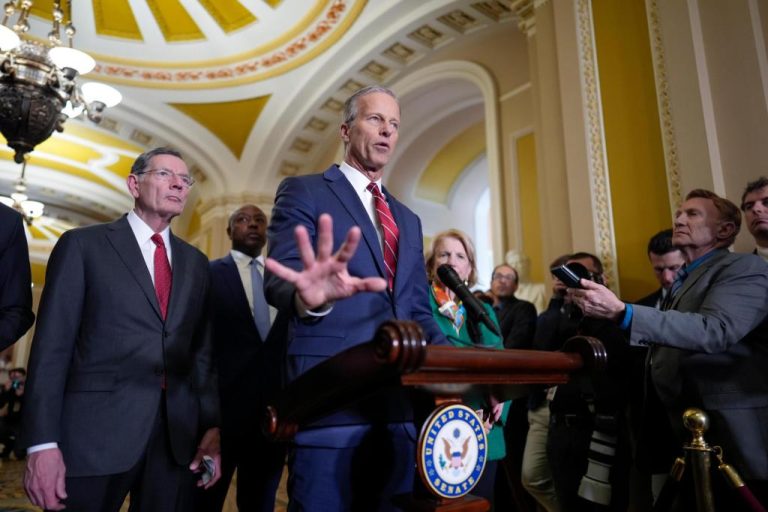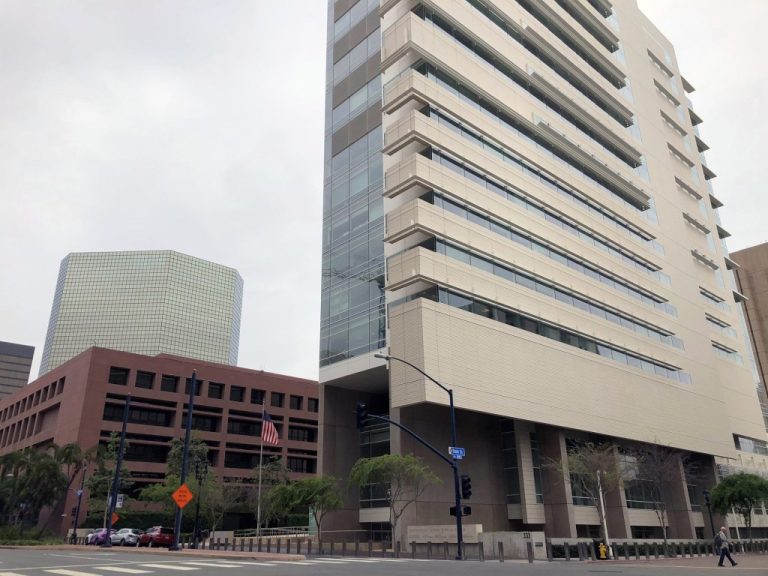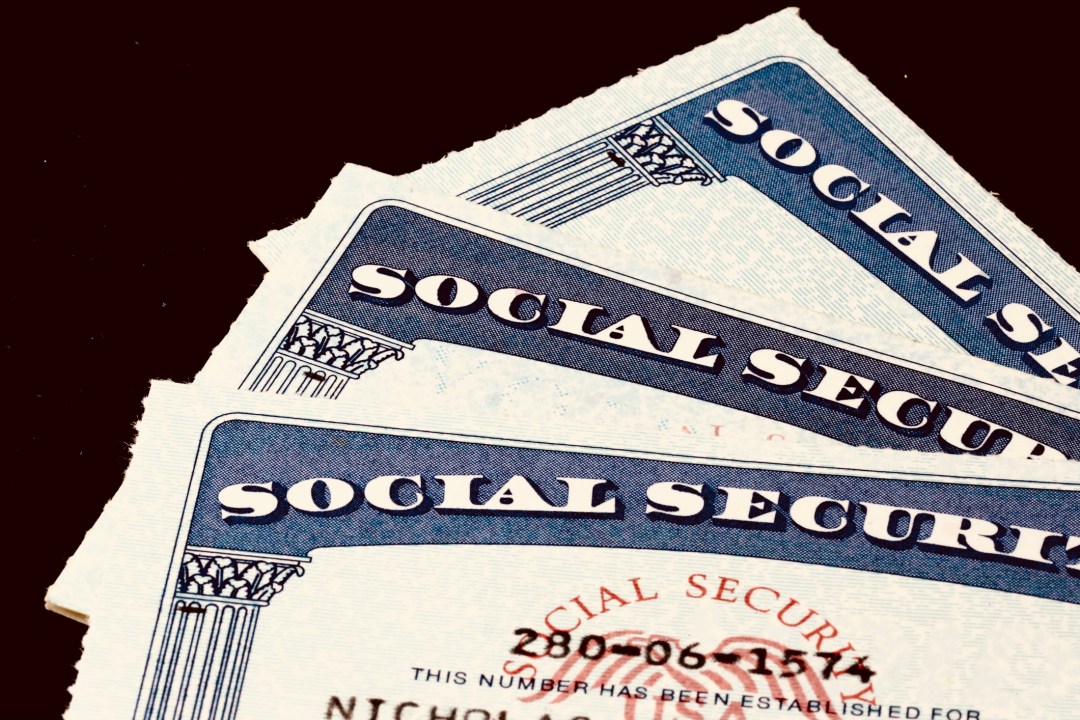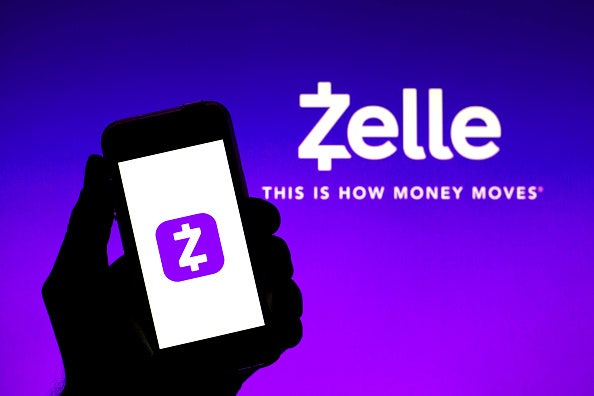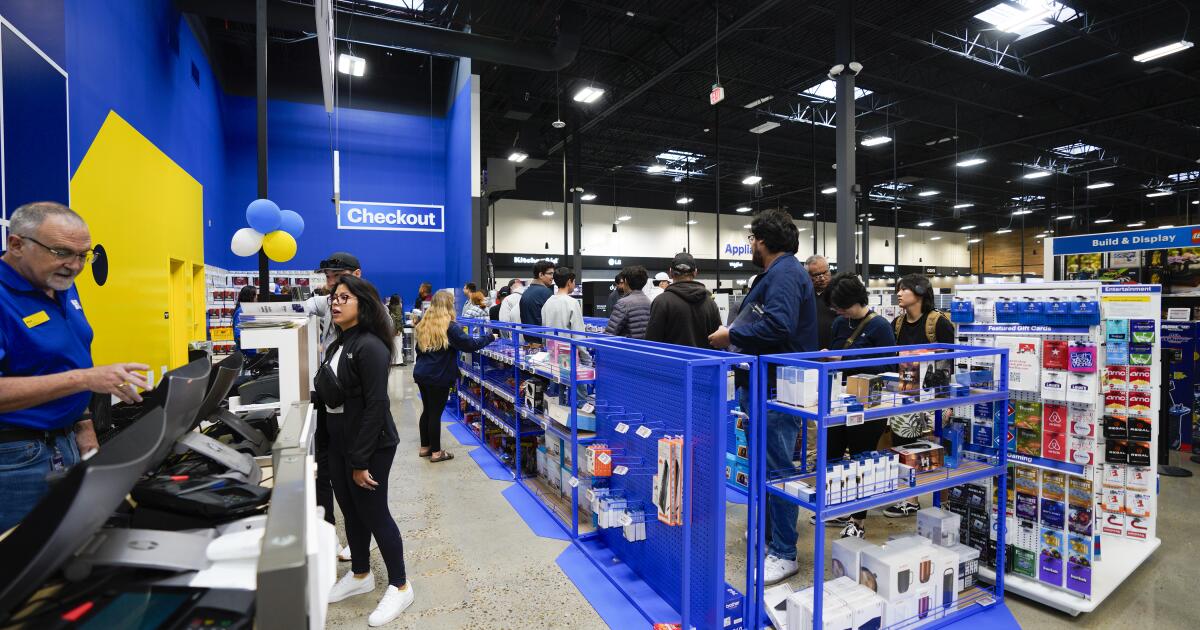

Retail spending on Black Friday and Cyber Monday shattered last year’s totals despite many consumer sentiment surveys that say people are worried about the economy.
Consumers spent $38 billion from Thanksgiving to Cyber Monday, up 7.8 percent annually, said Adobe Analytics. Even adjusted for inflation, Adobe said growth was “driven by net-new demand, not simply higher prices.”
Some analysts in a CNN article argued we shouldn’t read too much into holiday spending. Some arguments were that consumers were stretching dollars during sales, and would pull back after; and consumers are going for cheaper alternatives. One troubling sign for future retail spending is national credit card debt, which crossed $1 trillion for the first time this year.
Still, many retailers celebrated the holiday spending as much better than expected and a sign of a healthier economy than people think.
Q: Was the record $38 billion holiday spending a good sign for the U.S. economy?
David Ely, San Diego State University
YES: The Commerce Department reported that personal consumption expenditures slowed in October and the University of Michigan’s consumer sentiment index has been declining for several months. Against these concerning data patterns, healthy spending by consumers at the start of the holiday season is welcome news. Of course, we need to wait for additional data to determine whether the Black Friday and Cyber Monday spending levels are sustained throughout the holiday period.
Ray Major, SANDAG
YES: The post-Black Friday profit surge is good for retailers, but consumers may be enjoying their last hurrah as mounting credit card bills, high-interest rates, inflation, and possible economic slowing in 2024 take effect. It will take consumers more than seven years to pay off these purchases because they are carrying larger balances and are paying only the minimum amount on cards with interest rates exceeding 25 percent. This will have a dampening effect on the economy in the new year.
Caroline Freund, UC San Diego School of Global Policy and Strategy
Not participating this week.
Haney Hong, San Diego County Taxpayers Assoc.
NO: In a slight variation of a Top Gun line, I’ll say that our spending habits are writing checks that our future can’t cash. Debt is piling up: public debt, credit card debt, student loan debt. We are spending, spending, spending for the here and now, and I’m concerned about the economy we’re saddling my kids and yours with. While retailers can feel good about their profit and loss statements, our collective balance sheet isn’t looking so good. And something has gotta give eventually.
Kelly Cunningham, San Diego Institute for Economic Research
NO: High housing costs, rising credit card debt and shrinking savings are not necessarily indications of a healthy or thriving economy. Greater spending volume includes a higher level of inflation, including “shrinkflation,” which misrepresents the amount of sales with less product packaged in smaller containers or having more air and/or less weight. Compiling more debt in order to buy discretionary goods amplifies the precarious position of current consumption paid in the distant future by compounding interest.
Lynn Reaser, economist
NO: The rise in Black Friday and Cyber Monday sales is likely to be followed by a steep slowdown for the rest of the holiday season. Consumer credit is running at a rate that has reached $1.03 trillion. Consumer confidence is at the lowest level since 2011. Consumers are worried about both the present and the future, with a particular concern about inflation. Job growth has slowed while the unemployment rate has inched higher.
Phil Blair, Manpower
YES: It was a vote of support for the American economy. Maybe a last hurrah to 2023. I do think we will see a moderation in spending in 2024. The interest rate increases to help slow down the economy have had, and are still having, a lingering effect. We will continue to see wages increase faster than inflation, due to a continuing lack of skilled workers’ availability.
Gary London, London Moeder Advisors
YES: Regardless of what kind of money consumers are using (savings or credit card), their sentiment is up, and consumer sentiment is everything in a U.S. economy where personal consumption represents two-thirds of our gross domestic product. I am pleasantly surprised at the ongoing state of health of the economy. This is something that most economists got wrong in their last year predictions, which were dire.
Alan Gin, University of San Diego
Not participating this week.
Bob Rauch, R.A. Rauch & Associates
YES: It is a good sign that consumer spending is up. Some of this is driven by consumers taking on more credit card debt. Consumers do not believe there is a recession looming — maybe it will not come despite warnings about it — while debt levels are very high, there is no imminent recession. The nation and individuals should use caution next year, but it is an election year and more juicing the economy is likely.
James Hamilton, UC San Diego
YES: The Federal Reserve has raised interest rates aggressively in hopes of bringing inflation down without causing a recession, aiming for a “soft landing.” There’s reason to worry, but as of right now I see no sign of recession. Strong consumer spending has been a big factor helping keep the economy above water, and the latest data suggest that’s continuing. A soft landing will be tricky to pull off, but so far, so good.
Austin Neudecker, Weave Growth
YES: A historic Black Friday to Cyber Monday deal week is a positive sign of consumer confidence. Survey data is often flawed or inaccurate. Purchase data better represents sentiment. While inflated prices and general deal-seeking behavior certainly contributed to the record, people simply purchased more than predicted. If consumer spending remains strong, despite mixed economic indicators and turbulent geopolitics, the economic soft-landing may still come to fruition.
Chris Van Gorder, Scripps Health
YES: Strong consumer spending is generally a good sign for the economy. There is some concern about the increase in purchases on credit putting more consumers in debt so we will need to monitor the impact of that personal debt over time. And while holiday spending doesn’t reflect the economy at large, it does set the tone. This season’s numbers are setting a positive tone so far.
Norm Miller, University of San Diego
YES: Consumers have read and been taught to expect that we are heading into a recession. They presume from media reports that everyone is struggling, yet they have a job, possibly a locked-in low mortgage rate, and so they keep spending. The imminent recession keeps getting postponed. Some industries are in recession, like housing sales, mortgage banking, and commercial real estate, but as long as we keep spending the recession will be postponed until further notice.
Jamie Moraga, Franklin Revere
YES: Initial strong holiday spending is a good sign, but Black Friday and Cyber Monday sales are more of a data point or a snapshot in time. Americans are seeking deals and discounts to make their dollar stretch farther but by no means can it be used as an indicator for the overall U.S. economy or reflect continued success into December. The Consumer Confidence Index would be a better economic indicator to measure monthly consumer confidence and attitudes on the current state of the economy and future expectations.
Have an idea for an EconoMeter question? Email me at phillip.molnar@sduniontribune.com. Follow me on Threads: @phillip020


